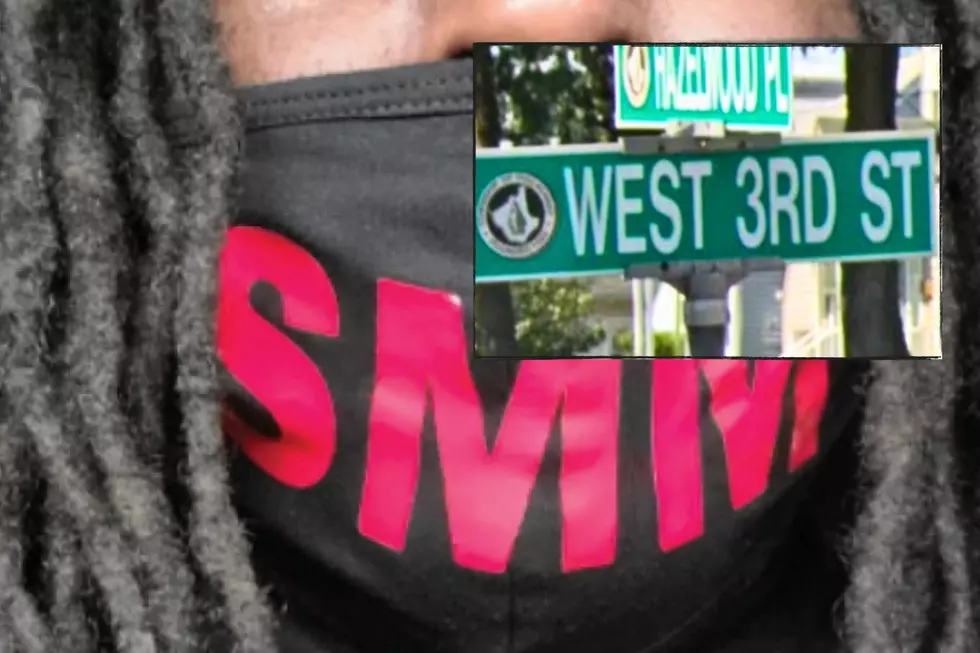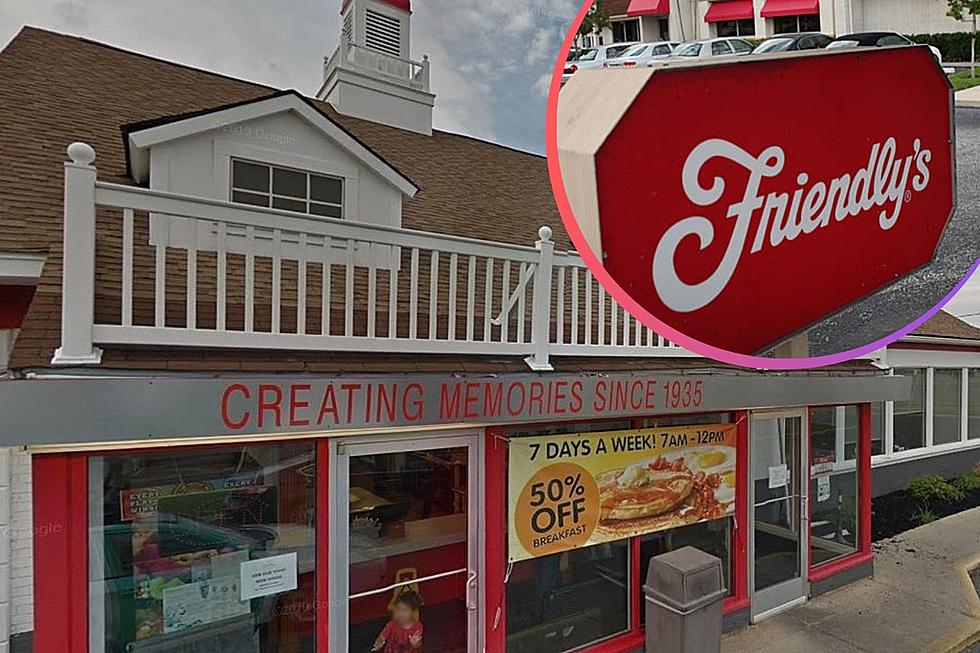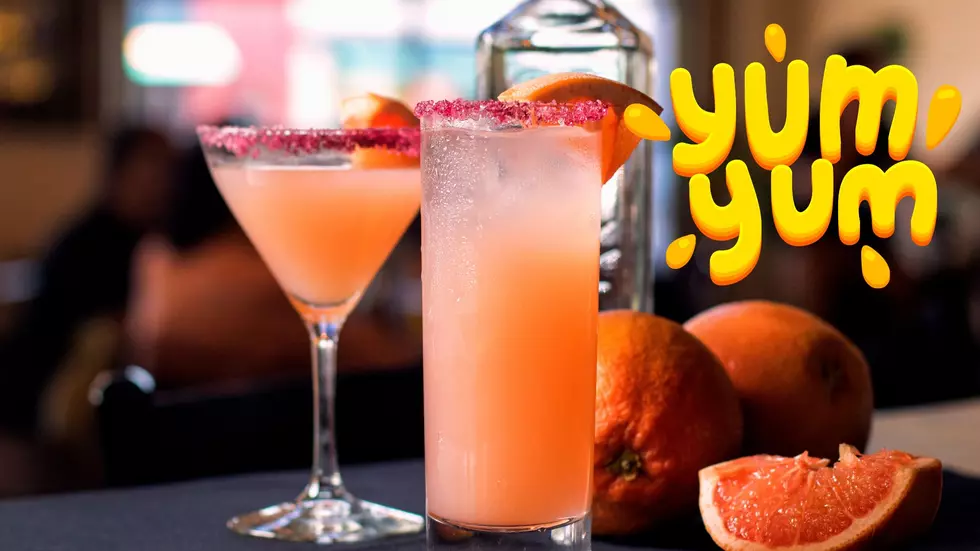
NJ poll: Do you know how to keep drugs out of the wrong hands?
🔵 There are proper ways to store and dispose of dangerous medications
🔵 Efforts spike this weekend to "take back" drugs from homes
🔵 Fewer NJ residents know someone who's been prescribed an opioid for pain
Poll results released on Thursday suggest that opioids are far less common today in New Jersey households compared to years ago, and most residents know best practices when it comes to safeguarding and disposing of potentially dangerous medications.
In the Rutgers-Eagleton Poll of more than 1,600 Garden State adults, about two-thirds said they are at least somewhat familiar with proper guidelines to store and dispose of medications, opioids and marijuana edibles. Forty-two percent indicated that they are "very" familiar with recommended protocols.
The results were released ahead of National Prescription Drug Take Back Day (April 27), which aims to get unused or unwanted drugs out of residents' hands by increasing the presence and exposure of drop-off sites.
New Jersey has secure drop boxes up and running year-round at these locations.
“Sizeable familiarity with storage and disposal is likely due to state laws that require doctors to inform patients of the potential dangers of such medications and available alternatives, as well as PSAs from organizations like the Partnership for a Drug-Free New Jersey and the presence of drop boxes and other advertised disposable opportunities within communities,” said Ashley Koning, director of the Eagleton Center for Public Interest Polling at Rutgers University–New Brunswick.
Experts advise individuals to keep all medications in one location — preferably in a locked cabinet or drawer, or childproof lock box.
If getting to a drop-off location isn't possible for disposal, experts advise against simply flushing drugs down the drain or just tossing them into the trash.
SEE ALSO: 2024 report grades NJ counties on air quality
NJ opioid prescriptions
In the poll, just 29% of New Jersey adults said they or a family member has been prescribed an opioid as a pain medication in the past two years. That's down from the last time Rutgers-Eagleton polled residents on the topic, when 46% of respondents cited a prescription over the prior 12 months.
According to the Centers for Disease Control and Prevention, New Jersey currently has one of the lowest opioid dispensing rates in the country.
Those who say they or a family member has had a recent opioid prescription are more likely to say that they are familiar with storage and disposal guidelines.
"We are encouraged by the heightened awareness among New Jerseyans about the proper storage and disposal of medications, including opioids," said Angelo Valente, executive director of the Partnership for a Drug-Free New Jersey. "But the persistent misuse of opioids within our communities underscores the need to continue our education and prevention efforts."
More than a third of respondents said they have a family member or close friend who is or has ever been addicted to drugs.
Report a correction 👈 | 👉 Contact our newsroom
Items now too expensive for NJ so spend money on
Gallery Credit: Mike Brant
States with best and worst lifetime tax burden
Gallery Credit: Erin Vogt
More From New Jersey 101.5 FM









